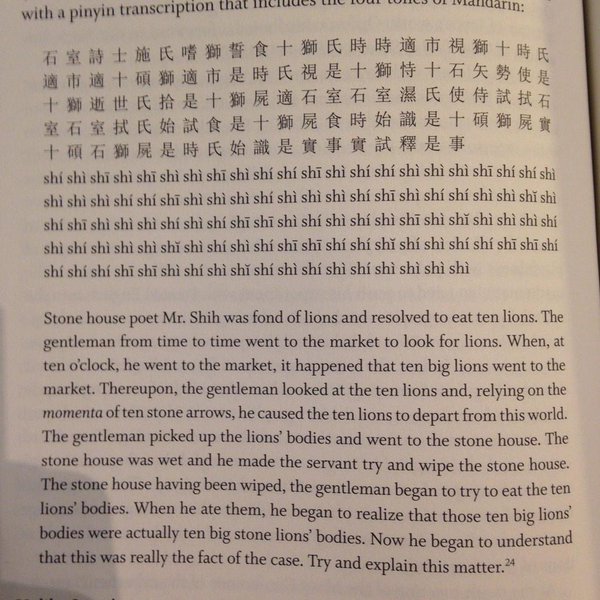It is very common in many parts of Asia and Africa for people to adopt Western names, especially English ones, and to use them even in local contexts. So in terms of travel, do not be suspicious if a stranger says he is Christopher or she is Emily.
In some cases, it is simply can be one of many names someone adopts. In traditional Chinese culture, one can have many names: a childhood name, a school name, a nickname among friends. It is nothing unusual, then, for someone to take a Western name for one of these. In other cases, it is a colonial relic; I've met many Sri Lankan Antons and Filipino Ramons on that account. And in some countries, particularly British-influenced ones, it will be referred to as one's Christian name, from giving someone a baptismal and/or confirmation name.
But the practice is widespread and far from restricted to practicing Christians or ex-colonials; Taiwan's foreign minister is David Lin, and there are enough Korean Graces to inspire a whole documentary entitled The Grace Lee Project.
Some other reasons include the following:
Those in circles with international exposure, for example, those who work for multinationals or in tourism, may take a Western name in the (often accurate) belief that it will make them more approachable to foreigners because their local/native name is too difficult to pronounce or is distractingly "exotic." I imagine this would be especially true where the native language is tonal.
It can serve as a socioeconomic indicator— as a mark of being of an educated, cosmopolitan class, or simply as someone who is modern. Companies too choose brand names that sound foreign— even if they are literally nonsense— to capitalize on the appeal of foreign goods. (nor is this anything new; Häagen-Dazs was founded by a Polish Jew in the Bronx).
On the flip side, a Western name can help sidestep social hierarchy that
may be imbued in native names (names in some cultures include
generation or caste markers, for example).
Of course, some people just prefer to be called by a nickname, and the fact that their preferred nickname is of foreign origin is incidental.
As far as the selection of names, this too varies widely. In some cases people choose a name after a person or character; saints, yes, but I have a Korean family friend who took the name David after someone on Sesame Street. In other cases, especially for names taken as an adult, the adopted name is an approximation of the given name: Rae Won becomes Ryan, Jing-sheng becomes Jason. But it's also possible that they simply like the sound or the meaning of a name, even if it is not commonly used as a name in Western countries. I met a boy in Malawi named Gift, as he had been a happy surprise to his parents.

